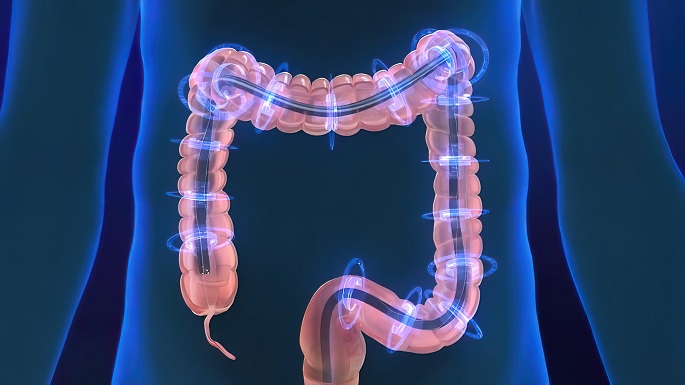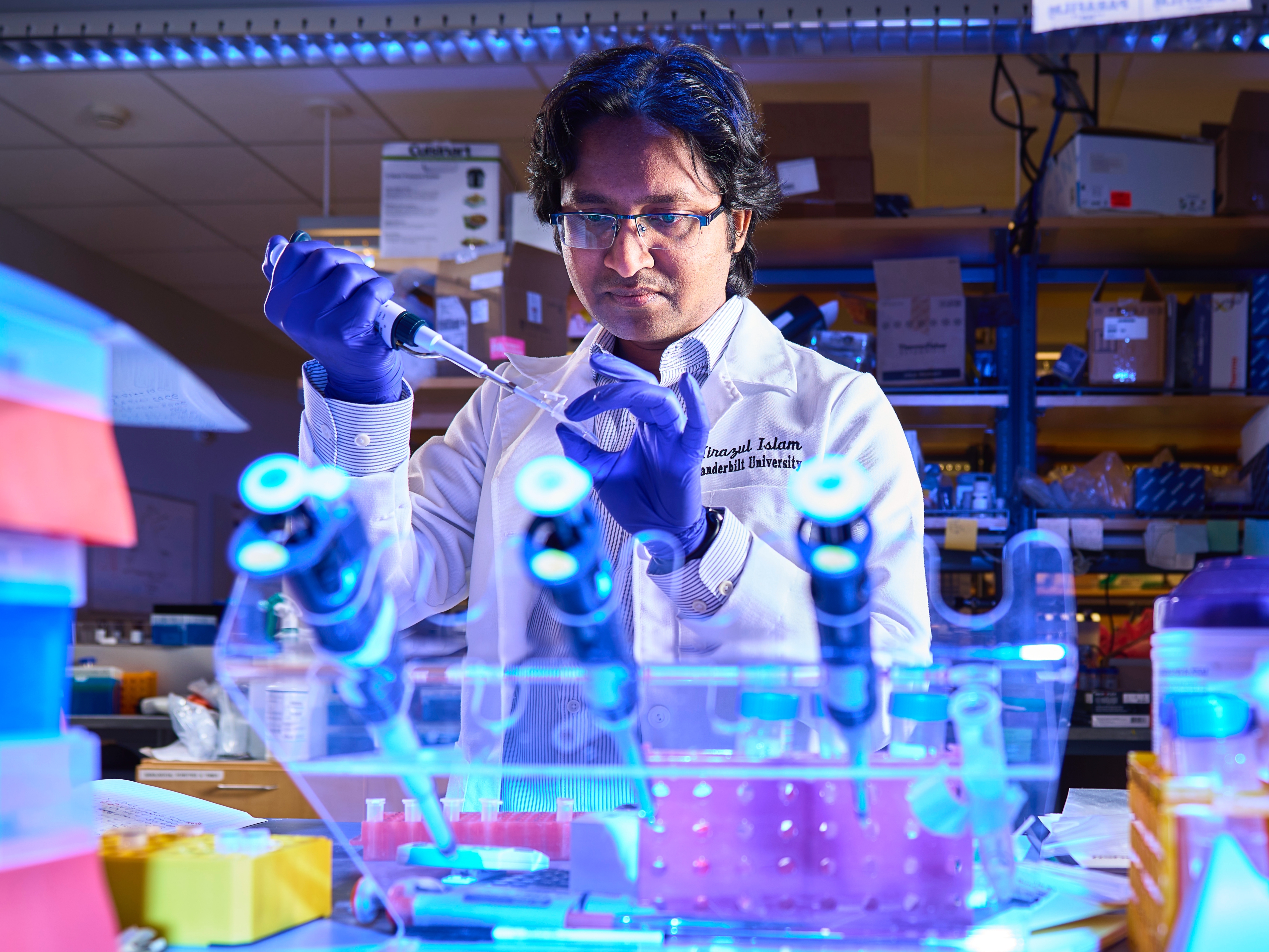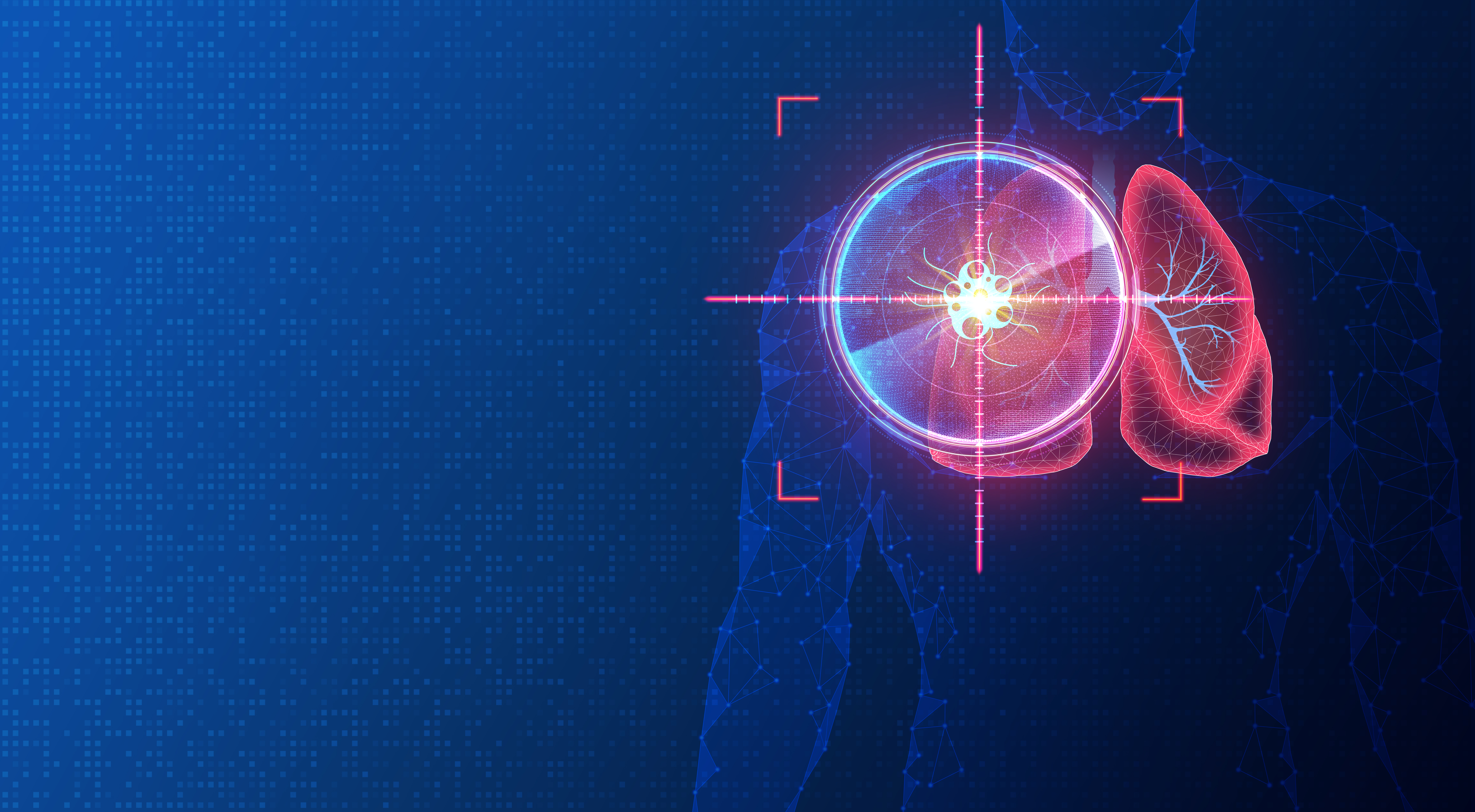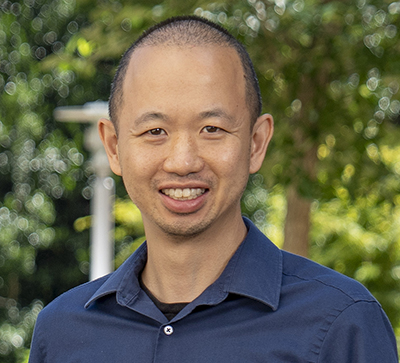Robert Coffey
-

NCI grant funds $12 million for colorectal cancer research
A colorectal cancer research team led by Robert Coffey has received a Specialized Programs of Research Excellence grant renewal totaling $12.6 million from the National Cancer Institute.The team has made numerous discoveries over the past 23 years, and it plans to build upon those achievements with the goal of “drugging the undruggable.” Vanderbilt-Ingram is one of only four cancer centers in the U.S. with GI Cancer SPORE funding. Read MoreSep. 15, 2025
-

Determining the precise timing of cellular growth to understand the origins of cancer
Mirazul Islam, a graduate student in the lab of Professor Ken Lau, has developed a molecular clock that records the timing of cellular events at a single-cell resolution. Read MoreOct. 31, 2024
-

Robert J. Kleberg Jr. and Helen C. Kleberg Foundation Grant funds quest to expand immunotherapy efficacy for colorectal cancer
Coffey and Lau plan to uncover the mechanistic underpinnings of supermeres in the tumor microenvironment, look for other immune exclusion biomarkers, and evaluate the efficacy of immunotherapy when immune exclusion proteins are targeted. Read MoreOct. 7, 2024
-

Lau lab publishes authoritative reference article on the hallmarks of precancer
Ken Lau, professor of cell and developmental biology, and colleagues have laid out the principles governing the biology of early, precancerous lesions, which are different from the principles that govern cancers. Their authoritative perspective was published in Cancer Discovery in April 2024. Read MoreMay. 7, 2024
-

A ‘supermere’ method for biomarker discovery
Cells in the body communicate by sending and receiving protein and genetic information packaged in extracellular vesicles and nanoparticles, including exomeres and supermeres. This complex transport system is important not only in health, but in disorders as diverse as cancer, cardiovascular disease and Alzheimer’s disease. For example,… Read MoreApr. 6, 2023
-

Colon cancer researchers awarded NCI grant for study of early lesions
Vanderbilt University Medical Center has received a five-year, $5 million grant from the National Cancer Institute to study precancerous lesions and early cancers in the colon, with the goal of developing new ways to prevent colorectal cancer, the nation’s second leading cancer killer. Robert Coffey, MD, Martha Shrubsole, PhD, and Ken… Read MoreSep. 29, 2022
-

New prognosis predictor and target for gastric cancer
Treatment resistance is especially pronounced in gastric cancer and contributes to patient mortality, highlighting the need for resensitization strategies. Robert Coffey, MD, Xiaodi Zhao, PhD, and colleagues compared the secretome, or secreted proteins, of chemoresistant and chemosensitive human gastric cancer cell lines to identify biomarkers of resistance. Read MoreApr. 8, 2022